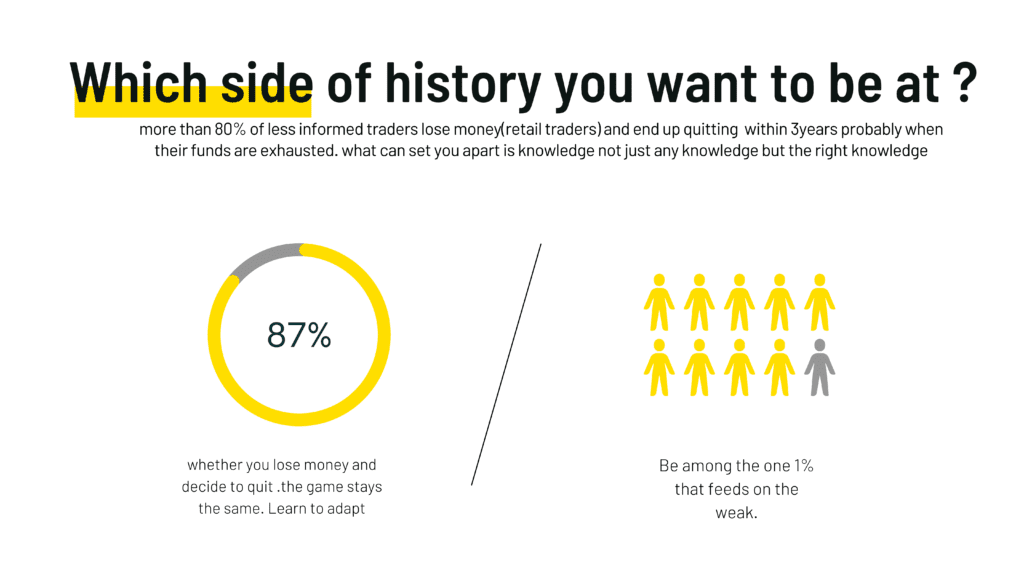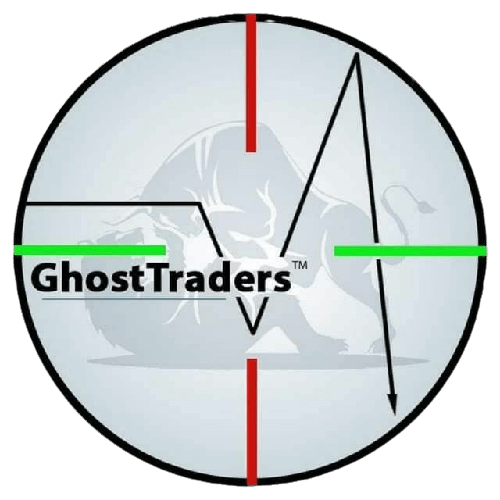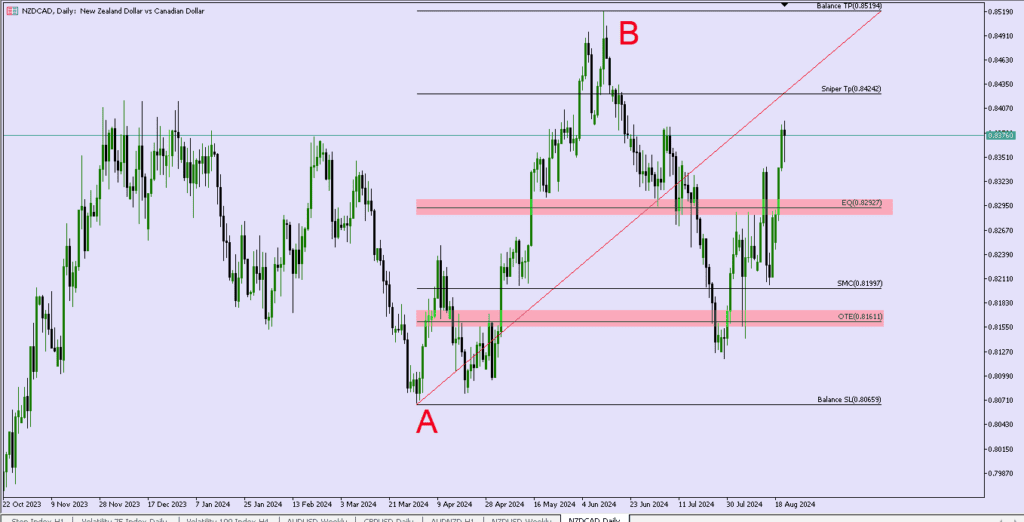Probabilistic Principles of Trading: Embracing the Uncertainty
In financial trading, uncertainty is the only constant. It’s a realm where probabilities reign supreme, and the sooner we accept this, the more effective our trading strategies become. Mark Douglas, a renowned trading psychologist, laid down the foundational principles that every trader should internalize. These principles remind us that trading is less about predicting outcomes and more about managing probabilities. therefore Trading Psychology is key to success.
1. Commit to Your Edge
“We completely reconcile to spend the amount of money our Edge says is necessary to find out if this next trade is the winner.”
In trading, an edge is a slight advantage that allows you to profit over time. But having an edge is not enough—you must also be willing to risk money to discover if it will work in the next trade. This is not about reckless gambling but about calculated risk-taking. As Bruce Kovner, another trading legend, said, “As long as you stick to your discipline, losing money is only temporary.” It’s the disciplined commitment to your edge that turns the odds in your favor.

2. Each Trade is a Unique Event
“The outcome of each Edge in a series is a unique event that has no discernable relationship with the outcome of any previous or future outcomes.”
Every trade is an independent event, unaffected by previous trades. The market has no memory, and the outcome of one trade does not influence the next. This principle is crucial for traders to grasp, as it prevents the fallacy of thinking that a losing streak must be followed by a win. As Warren Buffett famously said, “In the business world, the rearview mirror is always clearer than the windshield.” Focusing on what lies ahead rather than what is behind is essential for long-term success.
3. Accept the Uncertainty of Market Dynamics
“The diversity of intentions of other traders who are about to submit buy and sell orders to the flow can cause anything to happen since we don’t know what that anything might be. We will execute the signal our edge calls for to make ourselves available to either win and collect our profits or pay our expenses. Either way, we are FINE.”
The market is a complex web of intentions, each trader bringing their reasons for buying or selling. This creates a level of unpredictability that no one can fully grasp. The key is to stick to your trading plan and accept whatever outcome follows. As Sun Tzu said in The Art of War, “In the midst of chaos, there is also opportunity.” This applies to trading as well—embrace the uncertainty, for it is within this chaos that opportunities lie.
4. The Risk of an Edge Not Working Always Exists
“The risk of an edge not working ALWAYS EXISTS.”
Even the most reliable edge comes with inherent risk. There are no guarantees in trading, and every trade carries the possibility of failure. This is why risk management is paramount. As Jesse Livermore, one of the greatest traders of all time, noted, “The game taught me the game. And it didn’t spare me the rod while teaching.” Learning from your losses and accepting the inherent risks are crucial parts of becoming a successful trader.
5. Predictions are Educated Guesses
“Each prediction that results from our analysis is always a guess.”
No matter how thorough your analysis, every prediction is still a guess therefore the right Trading Psychology. Markets are influenced by countless factors, many of which are beyond our control or understanding. It’s important to remember that even the best analysis can’t predict the future with certainty. As Yogi Berra famously quipped, “It’s tough to make predictions, especially about the future.” This humorously captures the inherent uncertainty in forecasting market movements.
6. Focus on the Long Game
“Capturing the favorable odds built into our edge over a series of trades has nothing to do with being right or wrong.”
Trading success is not about being right all the time—it’s about consistently applying your edge over a series of trades. The goal is to capture favorable odds and let the law of large numbers work in your favor. As George Soros once said, “It’s not whether you’re right or wrong that’s important, but how much money you make when you’re right and how much you lose when you’re wrong.” This mindset shift from being right to being profitable is crucial for sustained success.
Conclusion
Trading is a game of probabilities, not certainties that’s why is crucial to have the right Trading Psychology. The principles laid out by Mark Douglas serve as a guide to navigating the inherent uncertainties of the market. By internalizing these principles, traders can cultivate a mindset that is resilient, disciplined, and ultimately, profitable. Remember, in trading, the only certainty is uncertainty—embrace it, and let it work in your favor.
Explore our Free and Premium Trading Courses:https://ghosttraders.co.za/courses/




